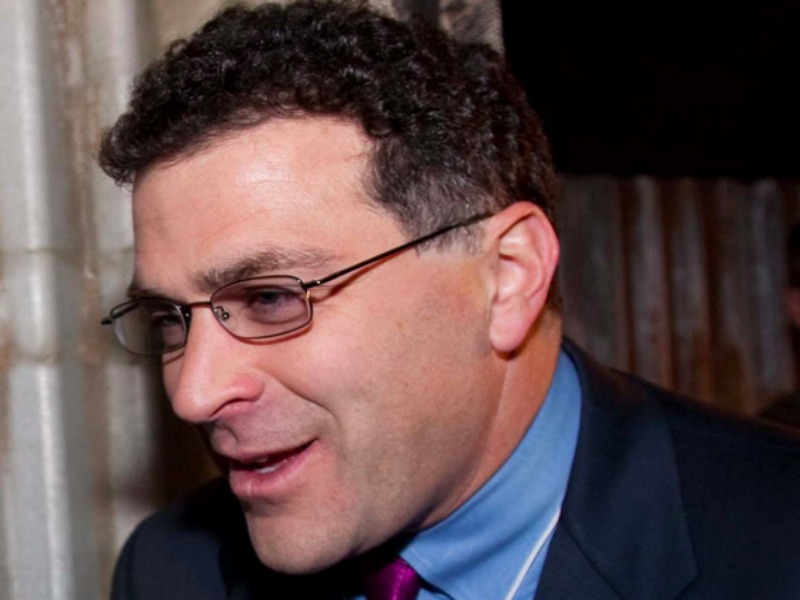Holmes Report 22 Nov 2018 // 7:30AM GMT

MENLO PARK, CA — Facebook's outgoing head of communications and public policy has taken responsibility for the company's decision to hire controversial public affairs firm Definers, according to an internal memo released by the company on the eve of Thanksgiving.
In the memo, Schrage admits that his team asked Definers to push negative narratives about Facebook competitors. But Schrage defended this approach and also denied that Definers was asked to create or distribute fake news.
Most contentiously, perhaps, Schrage also accepts that Facebook asked Definers to target George Soros, work which has been criticised as being anti-Semitic.
"Responsibility for these decisions rests with leadership of the communications team," said Schrage in the memo. "That's me."
Schrage characterised the scope of Definers' work as "opposition research", necessary for Facebook to "understand the backgrounds and potential conflicts of interest of our critics."
"This work can be used internally to inform our messaging and where appropriate it can be shared with reporters," said Schrage. "This work is also useful to help respond to unfair claims where Facebook has been singled out for criticism, and to positively distinguish us from competitors."
Schrage also deflects blame from Facebook chairman Mark Zuckerberg and COO Sheryl Sandberg, noting that they "relied on me to manage this without controversy."
"I knew and approved of the decision to hire Definers and similar firms," said Schrage. "I should have known of the decision to expand their mandate. Over the past decade, I built a management system that relies on the teams to escalate issues if they are uncomfortable about any project, the value it will provide or the risks that it creates. That system failed here and I’m sorry I let you all down. I regret my own failure here."
In a coda to the memo, Sandberg takes "full responsibility" for overseeing the comms team but also notes that she "didn't remember a firm called Definers."
"Some of their work was incorporated into materials presented to me and I received a small number of emails where Definers was referenced," writes Sandberg, before adding that "it was never anyone’s intention to play into an anti-Semitic narrative against Mr. Soros or anyone else."
The memo follows a New York Times article last week that provided a comprehensive overview (based on interviews with more than 50 people) of Facebook’s response to the criticism the company faced after a plague of fake news that infected the site—and the political arena—during the presidential election of 2016.
The Times detailed the hiring of public affairs firm Definers, attempts to link Facebook critics to Jewish financier George Soros and suggestions that the criticism of Facebook was itself motivated by anti-Semitism. It also reported that Sandberg was angered by internal efforts to investigate the influence of Russian activity on the platform, and outlined efforts by the company’s DC lobbying team to appease the Trump administration and its allies, who were determined to downplay the Russian election interference.
Schrage announced in June that he will be stepping down after a decade overseeing Facebook's communications and public policy. He has since been replaced by former UK deputy Prime Minister Nick Clegg.
In the memo, Schrage said that Clegg will "review all our work with communications consultants and propose principles and management processes to guide the team’s work going forward."
In a call with reporters last week, Zuckerberg said: “This type of firm might be normal in Washington but it’s not the kind of thing I want Facebook associated with." Denying knowledge of their hiring, Zuckerberg also said, “I think someone on our comms team must have hired them."
"Many people across the company feel uncomfortable finding out about this work," added Schrage in the memo. "Many people on the communications team feel under attack from the press and even from their colleagues. I’m deeply disappointed that so much internal discussion and finger pointing has become public. This is a serious threat to our culture and ability to work together in difficult times."


































.jpg)




.tmb-135x100.jpg)












